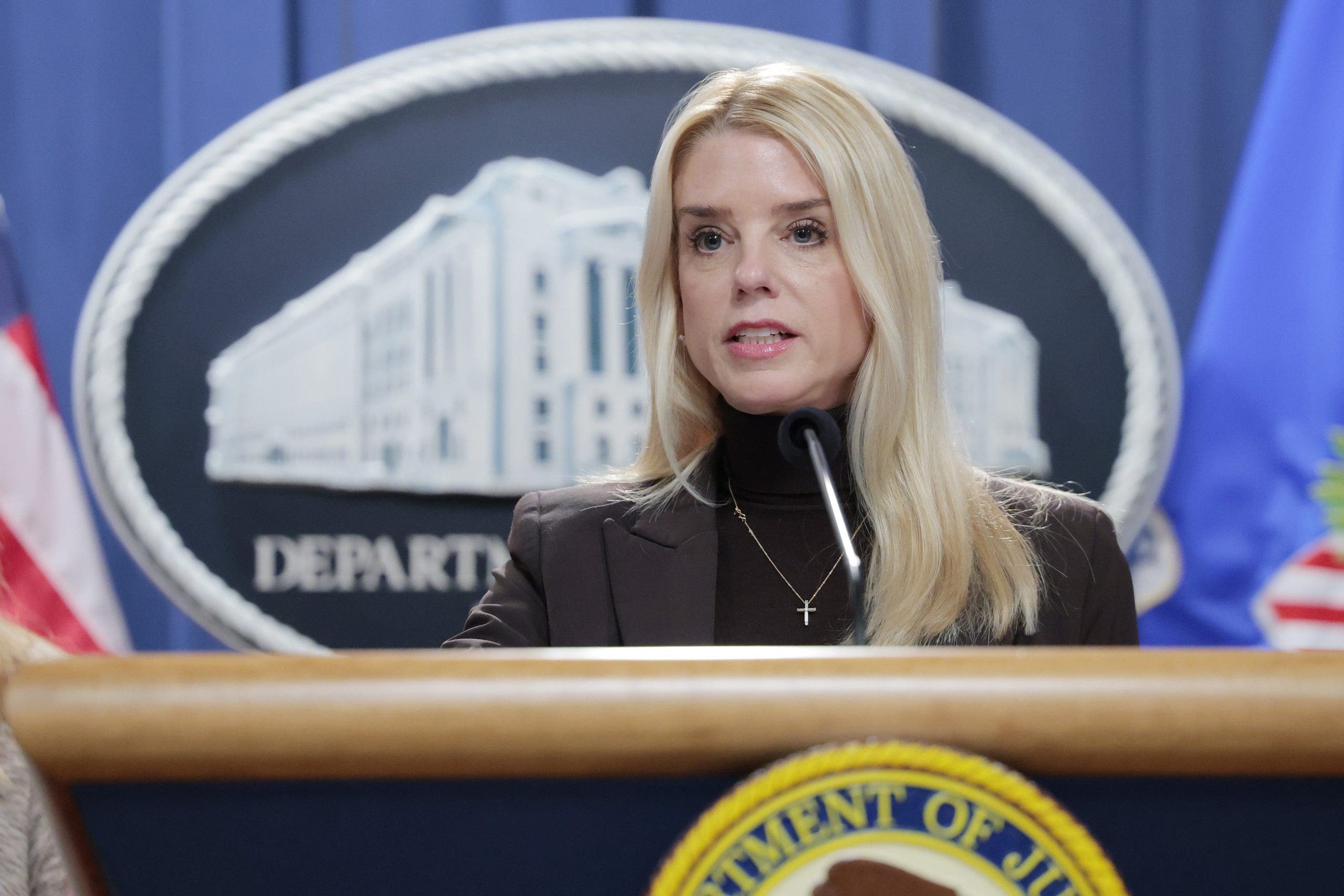WHY WE NEED GREATER GLOBAL COOPERATION
A pandemic agreement could address the many needed reforms that go beyond the International Health Regulations.
But the negotiations to reach global agreement are proving contentious. There have been deep divisions between rich and poorer countries over the sharing and affordable pricing of vaccines, treatments and diagnostics for developing states. The sharing of pathogen data has also proven problematic.
The negotiations have been further undermined by completely unfounded assertions that the WHO will be given power to impose restrictive measures such as lockdowns and vaccine mandates. It is not clear whether New Zealand’s changed negotiating position to focus more on national sovereignty influenced these discussions.
Due to these challenges, the international community has not yet agreed on a text for a pandemic agreement. The WHO has announced the next steps for further negotiations, which are already years past their start date.
From the threats of war to environmental devastation and pandemics, no country can unilaterally protect its citizens from the gravest shared threats to humanity. But while the need for global solidarity and cooperation is greater than ever, support for many of the key areas of international law is failing.
We owe it to the memory of the more than 27 million people estimated to have died so far from COVID-19, and the rising threats to future generations, to do the best we can to achieve a safer and more secure world.
Michael Baker is a Professor of Public Health at the University of Otago, Wellington, New Zealand. Alexander Gillespie is a Professor of Law at the University of Waikato. This commentary first appeared on The Conversation.




















Discussion about this post